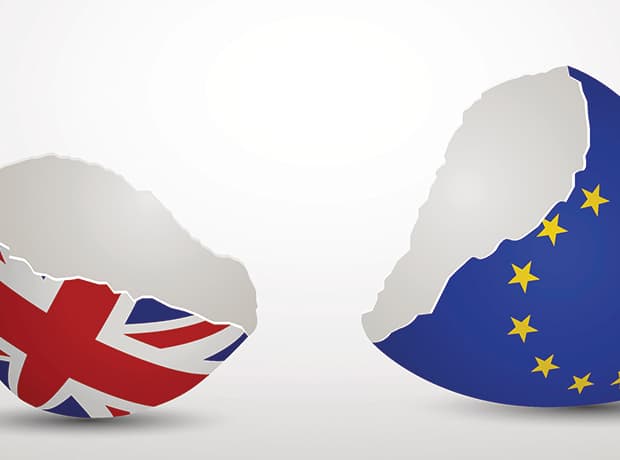Informa Pharma Intelligence (IPI) has found that some drug firms may withdraw up to 90% of their products from Northern Ireland, once the Brexit grace period has passed.
The UK government indefinitely extended the Brexit grace period in early September as discussions continued around the Northern Ireland remaining in the EU’s pharmaceutical regulatory system, which is known as the Northern Ireland Protocol.
The report says that pharmaceutical companies may withdraw their products from the Northern Ireland market due to the new, uncertain, and quality-check procedures brought on by Brexit, causing a medicines shortage.
The IPI also highlighted that the additional costs of new regulatory procedures for batch testing drugs could threaten the ability of manufacturers of low-cost drugs to export to Northern Ireland from within the UK. This, in turn, affects the ability of Northern Irish citizens to purchase generic drugs.
The British Generics Manufacturers Association issued a statement to the BBC, saying: “The EU’s proposal would make trade in medicines, and supplying Northern Ireland, even harder since it hammers home the need for a separate and specialised Northern Ireland product.”
The UK government is yet to issue guidance on how the Northern Ireland Protocol (NIP) will be applied.“We don’t have the UK’s interpretation of how medicines will be handled when moving in and out of Northern Ireland,” said Emma Du Four, Head of International Regulatory Policy and Intelligence at AbbVie.
The ensuing shortage of critical drugs to treat conditions such as high blood pressure to cancer adds to the list of consequences for Northern Ireland presented by Brexit. The initial conception of Brexit at the beginning of 2020 had a detrimental effect on the country, leading to food shortages and empty supermarket shelves.
According to Simon Sutcliffe, a customs expert at tax and advisory firm Blick Rothenberg, said: “Medicines are already being notified for withdrawal from Northern Ireland because six months month notice is required to withdraw them.”
When the transition period for the UK’s departure from the EU ended on 31 December 2020, the UK regulator, MHRA, issues its own marketing authorisations (MAs) for products currently approved through the EU centralised procedure. However, these MAs are only valid in three of the four nations that make up the UK, excluding Northern Ireland.










